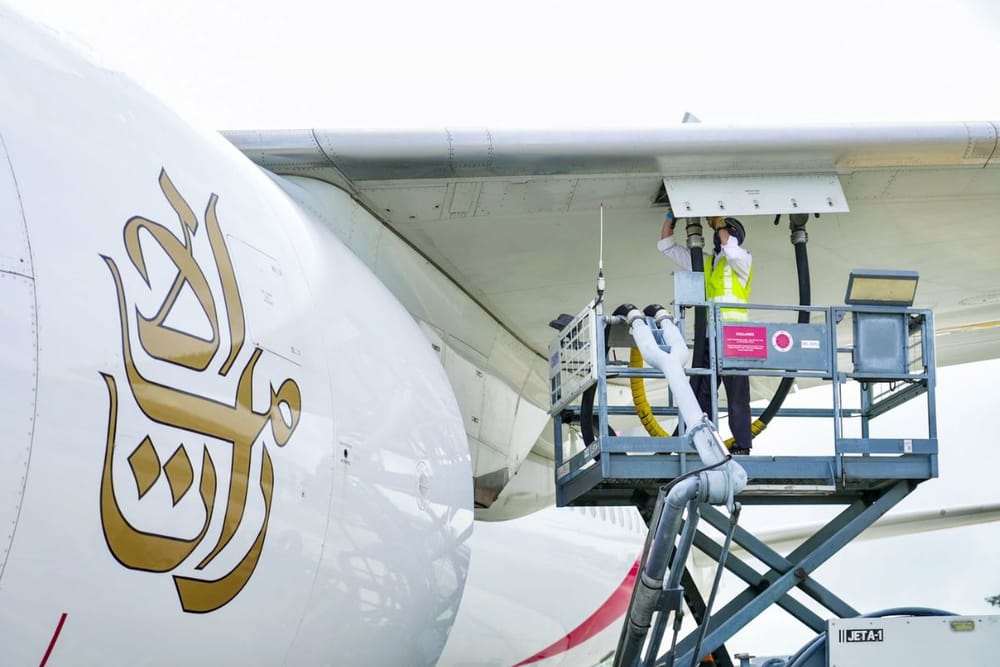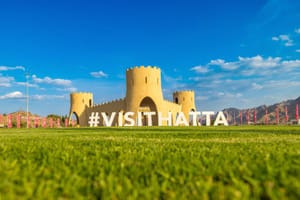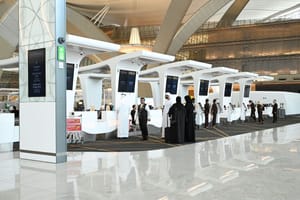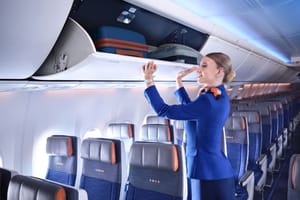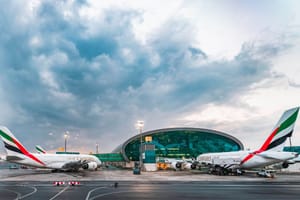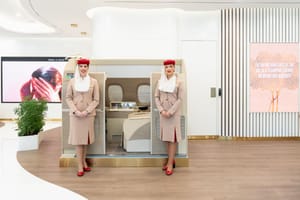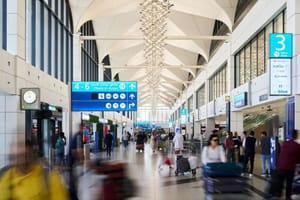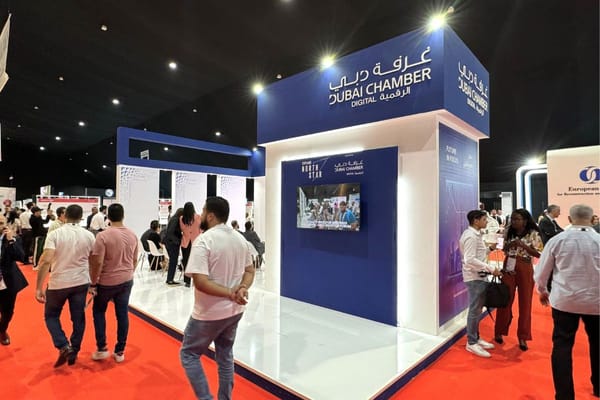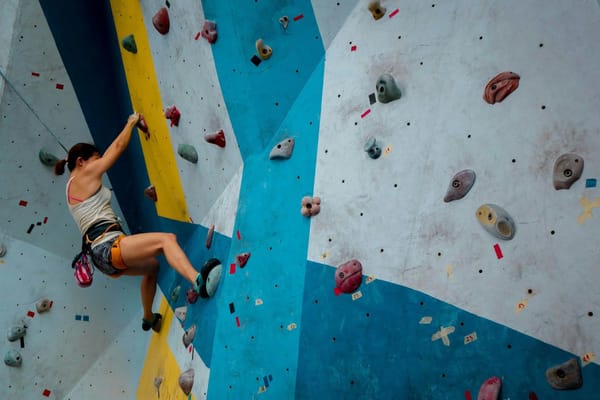Emirates has begun using Sustainable Aviation Fuel (SAF) as part of its fuel agreement with Neste on flights departing from Singapore Changi Airport, marking its inaugural SAF investment in Asia.
According to Emirates' statement, approximately 3.3 million litres of blended SAF have been integrated into the fuelling system of Changi airport over the last few weeks.
Emirates is tracking the delivery of SAF into the fuelling systems, accounting for and assigning its environmental benefits through widely used and accepted industry methodologies.
Earlier this year, the airline partnered with Neste to deliver 2.6 million liters of neat SAF to Amsterdam Schiphol. Made from renewable waste like used cooking oil and animal fat, this SAF cuts lifecycle CO2 emissions by up to 80% and is compatible with existing Emirates aircraft and fuelling infrastructure.
Adel Al Redha, Deputy President and Chief Operations Officer of Emirates, said,
"Emirates' investment into Neste-produced SAF in Singapore marks a first step forward in our SAF adoption in Asia, a region that is primed to become a leading supplier of SAF, which continues to be in short supply.
While the activation of this agreement marks a milestone in our SAF journey in a new region, there's still a lot of work to do. And as we procure SAF for the short term, we've got our sights set on longer-term agreements to help scale up a steady supply of SAF for our operations."
Alexander Kueper, Vice President of Renewable Aviation Business at Neste, said,
"This makes Emirates the first international visiting carrier using SAF at the airport produced at our Singapore refinery and supplied into the airport via our integrated supply chain."
In 2023, Emirates was also the first airline in the world to operate two landmark demonstration flights from Dubai on the Boeing 777 and A380 with 100% SAF in one engine in partnership with Neste and other committed partners, supporting future certification where 100% drop in SAF is approved for commercial airline operations.
Currently, SAF is approved for use in all aircraft, but only in blends of up to 50% with conventional jet fuel.
News Source: Emirates News Agency
